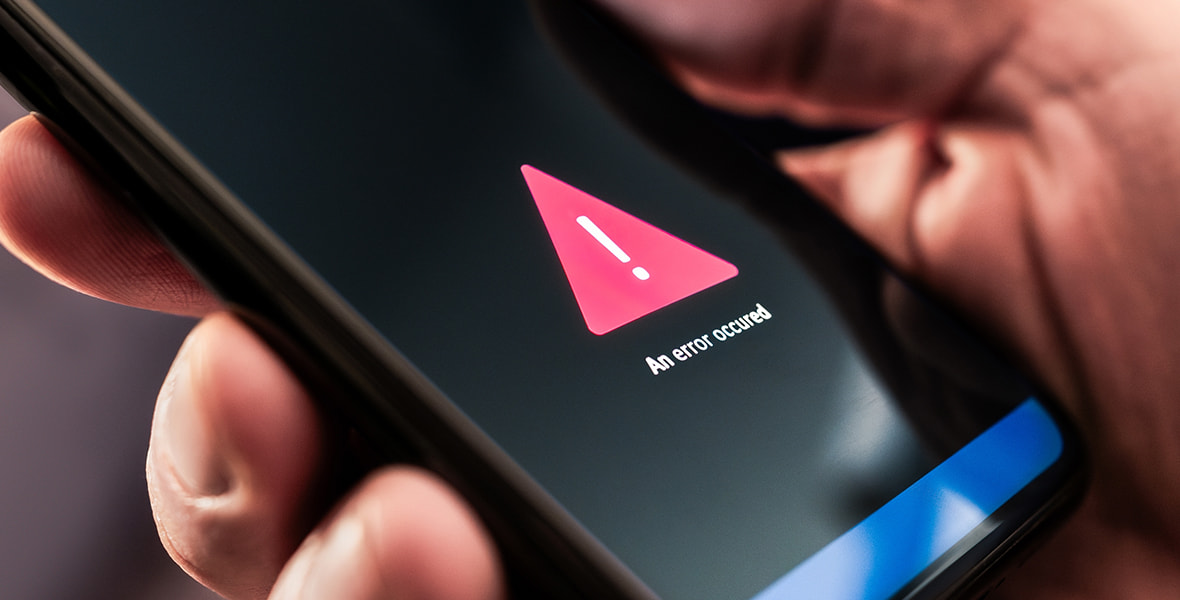The Norsk Tipping Investigation’s Impact on Norway’s Gambling Monopoly
January 8, 2025 Tony ChristopherThe Norwegian gambling authority, Lotteritilsynet, has initiated an investigation into Norsk Tipping’s compliance after players were unable to self-exclude using its mobile app. The malfunction raised questions about regulatory compliance, integrity, and the future of Norway’s state-controlled gambling monopoly.
How It All Started

On June 25, 2024, Norsk Tipping reported a malfunction in its mobile application that prevented players from self-excluding. According to the Norway Gambling Act, self-exclusion features are mandatory. All operators must provide players the option to block themselves or take breaks from gambling activities.
The gaming authority has determined there is a basis for carrying out an audit to examine if the incident constitutes a violation of the provisions outlined in, or related to, the Gambling Act, specifically referencing Section 24 of the Act.
Regulatory Compliance Concerns
Anya Markhus, a senior advisor at Lotteritilsynet, states that the case is currently in its initial stages. Further investigations will be conducted to ascertain whether any legal breaches have occurred. No additional comments will be made until the situation is fully understood.
In the meantime, the communications advisor of Norsk Tipping, Anne Marit Sletten, responded that the error had been fixed. The operator was requested to send further information and documentation regarding the case, describing how the issue occurred and how it’s been handled.
While Norsk Tipping was aware of the self-exclusion malfunction and has consequently informed the Lotteritilsynet about it, the incident reveals some of the challenges of maintaining gambling compliance in a rapidly advancing technological environment. Furthermore, it prompts a re-evaluation of whether a monopoly can effectively adapt to modern digital demands while safeguarding vulnerable players.
Additional Concerns for Norsk Tipping
This case isn’t the first investigation of Norsk Tipping. KongKasino, operated by the state-owned monopoly, mistakenly paid out a jackpot of NOK25 million to a customer on March 1, 2024. However, the casino was only permitted to pay a jackpot of NOK5 million.
The Norwegian regulator has ordered Norks Tipping to pay a NOK4.5 million penalty, while the operator reported that the error was due to a technical issue. The problem was that it was the customer reaching out to Norsk Tipping; otherwise, the casino was unaware of the error.
Impact on the Monopoly Model
It won’t be a simple transition, but if someday Norway decides to open its gambling market to private businesses, that would bring many opportunities. The most obvious are the economic impact and increased gambling revenue. New job positions, business ventures, and profit from tax and license fees will also make the market more advantageous.
Ending the monopoly would also be interesting from a player’s perspective. The market would be more competitive, with potential international brands offering more products and diversity for sports betting and casino gaming. Currently, offshore gambling platforms aren’t allowed, but many players have managed to access them, attracted by better bonuses and larger game libraries.
Conclusion
Considering the state monopoly has resisted for years, ending it is still a long way to go, but events like the investigation on Norsk Tipping are pointing in that direction. Countries like Finland have already made this transition, introducing a licensing model instead of state-run gambling platforms. We’re curious to see how the events will unfold, and we will keep you posted with any updates.



